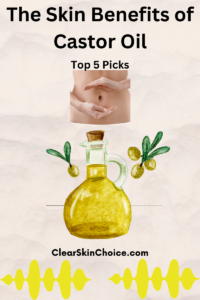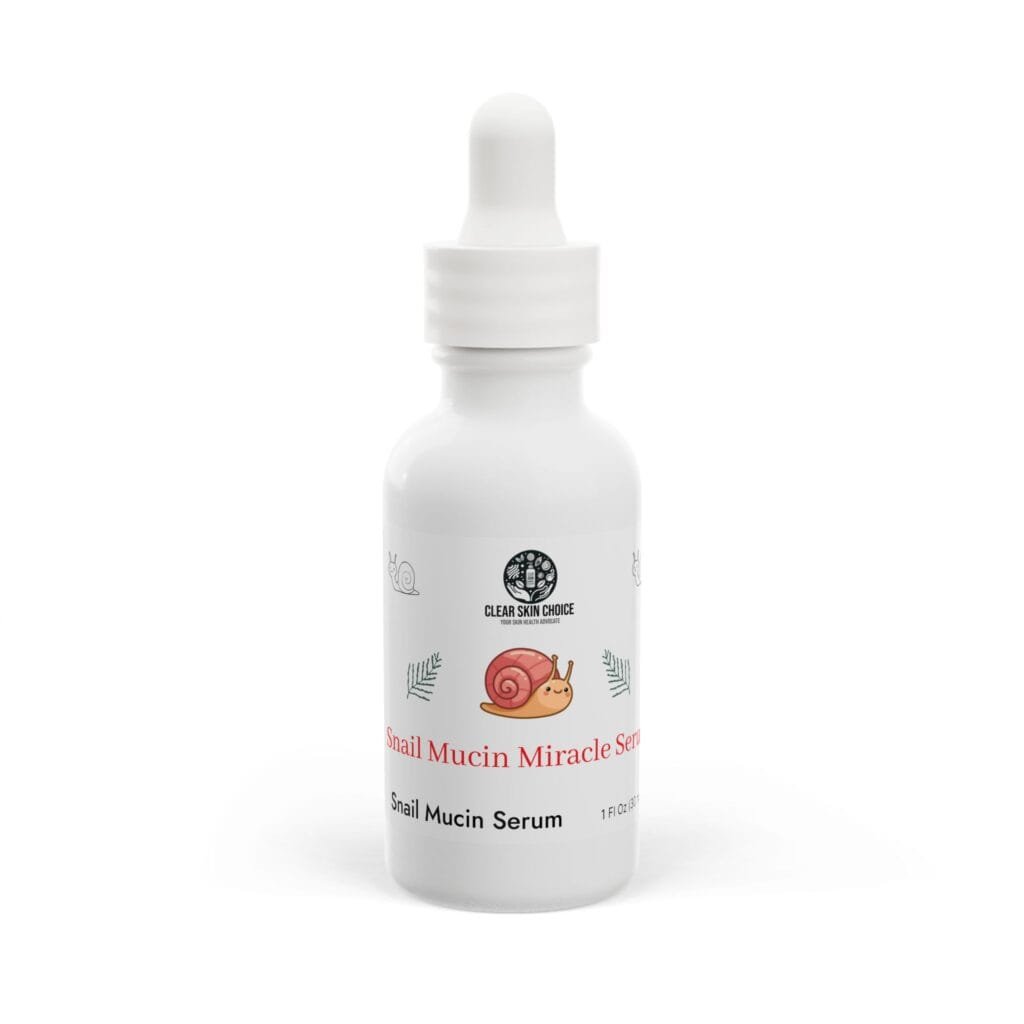Natural Dermatitis Treatments that Work
Table of Contents
Unexpected Remedies That Transform Dermatitis Treatments covers some off the beaten path approaches. While conventional treatments are widely known, several unexpected remedies can provide significant benefits. Here are five surprising options that may transform your dermatitis treatment journey.

Oatmeal Baths
. The fine particles of oatmeal help to relieve itching and inflammation by forming a protective barrier on the skin. Add colloidal oatmeal to warm bathwater and soak for 15-20 minutes to experience its calming effects.
Oatmeal is known for its soothing properties and can be beneficial for skin health in several ways. Here are some oatmeal therapies you can try:
1. **Oatmeal Bath**: Add 1-2 cups of colloidal oatmeal (finely ground oats) to warm bathwater. Soak for 15-20 minutes to relieve dry, itchy skin.
2. **Oatmeal Face Mask**: Mix equal parts of ground oats and honey with a little water to form a paste. Apply it to your face, leave it on for 10-15 minutes, then rinse off with warm water for moisturized and exfoliated skin.
3. **Exfoliating Scrub**: Combine ground oats with yogurt or milk to create a gentle scrub that helps remove dead skin cells while moisturizing the skin.
4. **Oatmeal Compress**: For localized irritation or rashes, mix oatmeal with water to form a paste, apply it directly onto the affected area, and cover it with a clean cloth for relief.
5. **Soothing Lotion**: Blend finely ground oats into your regular lotion or cream to enhance its moisturizing properties and soothe irritated skin.
Always perform a patch test before trying new treatments on larger areas of your skin, especially if you have sensitive skin or allergies.
Apple Cider Vinegar Rinse
Apple cider vinegar is celebrated for its natural healing properties, particularly when it comes to restoring the skin’s pH balance. When diluted properly with water, an apple cider vinegar rinse can alleviate symptoms associated with dermatitis. This remedy not only helps in reducing irritation but also promotes overall skin health.
Coconut Oil
Rich in fatty acids and boasting antimicrobial properties, coconut oil is an excellent moisturizer that works wonders on irritated skin. Its ability to hydrate while reducing inflammation makes it popular among those looking for natural relief from dermatitis symptoms. Apply virgin coconut oil directly onto affected areas as needed.
Probiotics
Incorporating probiotics into your diet might seem unrelated to skin health, but these beneficial bacteria play a crucial role in gut health and immune function. By improving gut flora balance, probiotics may help reduce systemic inflammation that contributes to conditions like dermatitis. Consider foods rich in probiotics such as yogurt or fermented vegetables.
Some of the best probiotics for skin health include:
1. **Lactobacillus rhamnosus** – Known for its ability to improve skin hydration and reduce
2. **Lactobacillus plantarum** – Helps maintain the skin barrier and may reduce inflammation.
3. **Bifidobacterium bifidum** – Supports gut health, which can positively impact skin conditions like acne and rosacea.
4. **Saccharomyces boulardii** – A yeast probiotic that may help with inflammatory skin conditions by balancing gut flora.
When choosing a probiotic, look for products that contain these strains and ensure they have a high CFU (colony-forming units) count for effectiveness. Always consult with a healthcare professional before starting any new supplement regimen.
Aloe Vera Gel & Essential Oils
Aloe vera gel is renowned for its healing properties and ability to soothe irritated skin without clogging pores. Applying fresh aloe vera gel can provide much-needed moisture while promoting healing of inflamed areas. Additionally, essential oils such as lavender or tea tree oil offer anti-inflammatory effects and promote healing—just ensure they are used correctly and diluted appropriately before application.
Here is a list of essential oils that are often considered beneficial for
1. **Lavender Oil** – Known for its soothing properties and ability to reduce inflammation.
2. **Tea Tree Oil** – Has antimicrobial properties that can help prevent infections.
3. **Chamomile Oil** – Calms irritated skin and reduces redness and inflammation.
4. **Frankincense Oil** – Promotes healing and has anti-inflammatory effects.
5. **Geranium Oil** – Balances oil production and helps with skin regeneration.
6. **Cedarwood Oil** – Can help soothe itching and irritation while promoting healing.
7. **Bergamot Oil** – Known for its calming effects, it may also help with skin health.
Always dilute essential oils with a carrier oil before applying them to the skin, and perform a patch test to check for any allergic reactions or sensitivities. Consult with a healthcare professional before using essential oils, especially if you have sensitive skin or existing health conditions.
Bonus Tip: Castor Oil
1. **Moisturizing**: Castor oil is a natural emollient that helps to hydrate and soften the skin, reducing dryness associated with
2. **Anti-inflammatory**: It contains ricinoleic acid, which has anti-inflammatory properties that can help soothe irritated skin and reduce redness.
3. **Antimicrobial**: Castor oil has antimicrobial properties that may help prevent infections in areas affected by
4. **Skin Barrier Repair**: It can aid in restoring the skin barrier function, which is often compromised in individuals with
5. **Itch Relief**: The soothing properties of castor oil can help alleviate itching and discomfort associated with
6. **Promotes Healing**: Its ability to promote cell regeneration can assist in healing damaged skin from
7. **Natural Alternative**: As a natural remedy, it may be preferable for those looking to avoid synthetic treatments or chemicals for managing their condition.
These unexpected dermatitis treatments present alternative avenues worth exploring alongside traditional treatments for dermatitis relief. Always consult a healthcare professional before trying new remedies, especially if you have sensitive skin or allergies.








